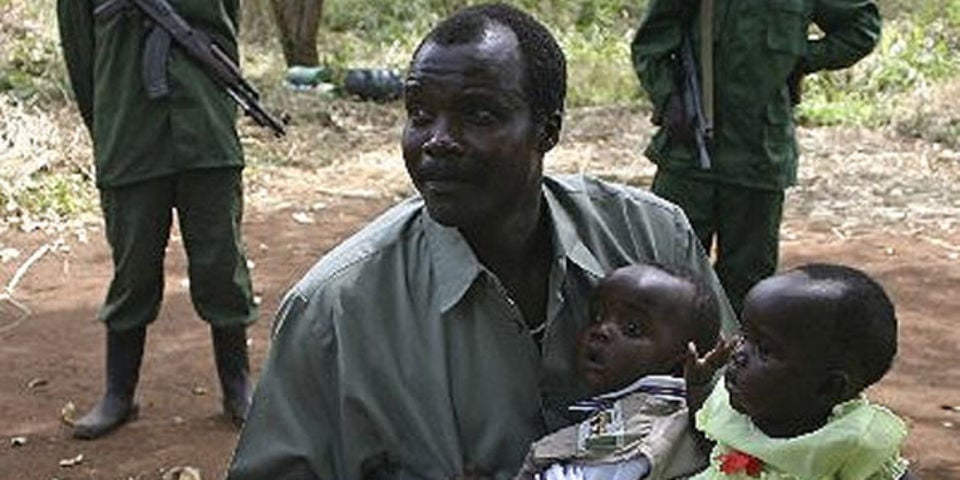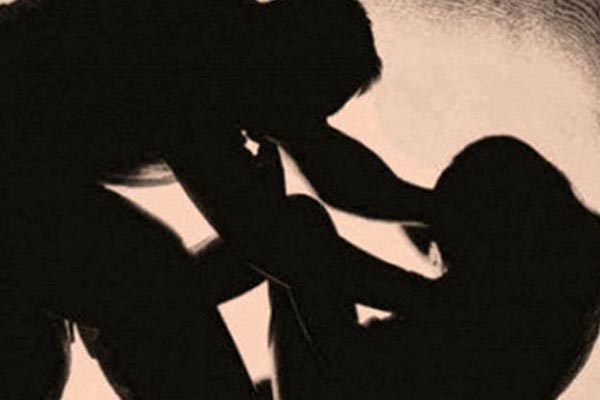Prime
Don’t blame victims of sexual assault

Writer: Gladys R Nandutu. PHOTO/FILE/COURTESY
What you need to know:
- The culture of victim blaming has demonstrably crippled the reporting of sexual assault cases.
In the observance of Sexual Assault Awareness Month this April, a critical time when global focus intensifies on the prevalent vice of sexual violence, there exists a pressing issue that echoes with alarming volume and urgency within the boundaries of Uganda.
It is the disgraceful phenomenon of blaming victims of sexual assault, a culture that appears to have taken root in our society, with critics citing factors such as clothing and behaviour leading to these horrific incidents that primarily target girls and young women.
Alarmingly, in this 21st-century society, the generally expected empathy for sexual assault victims, especially young people and women, is increasingly being replaced with condemnation, denying them the essential support for overcoming their trauma.
The act of blaming sexual assault victims in Uganda has been tragically embraced, with survivors often considered responsible for their plight. This culture has been perpetuated by a variety of socio-cultural beliefs, unfounded stereotypes and patriarchal norms deeply rooted in Ugandan society which encourage the false belief that provocative dressing and conduct instigate sexual assault incidents.
Such misinformation not only perpetuates sexism but also creates a culture of shame and stigma around the survivors of sexual assault which extends beyond physical injuries, with victims subjected to psychological trauma amplified by societal backlash.
The culture of victim blaming has demonstrably crippled the reporting of sexual assault cases. Survivors, fearing societal backlash, choose silence over the prosecution, impeding the course of justice. According to the Uganda Police Force 2023 annual crime report, there was a significant decrease in sexual assault reported cases, attributed to negative societal attitudes, social media bullying being the largest platform for bullying lately in Uganda, community ostracism, and the widespread inward blame frequently internalised by the victims.
This situation triggers additional threats like enhanced suicide rates and mental disorders among the survivors. Different studies have revealed that sexual assault victims who are blamed for their ordeal are five times more likely to entertain suicidal thoughts and may develop severe mental health issues.
The core problem arguably rests within society’s apparent inadequacy or reluctance to confront this issue effectively. Understandably, victim blaming significantly not only intensifies societal intricacies around sexual assault but also undermines support efforts for victims and acts as a catalyst for the perpetration of sexual aggression. The perpetrators exploit the prevalent blame narrative to justify their heinous acts and escape justice, knowing well that society is likely to point fingers towards the victims.
In a society where gender roles and stereotypes deeply influence social attitudes and perceptions, it is paramount to launch extensive awareness campaigns and strategies that debunk myths around sexual assault and victims’ alleged ‘responsibility’.
Indeed, dismantling harmful societal norms is an uphill battle. But collaborative efforts from responsible government bodies, schools, traditional and religious institutions, parents, civil society and the wider community can help reshape societal understanding and attitudes towards sexual assault, relentlessly pushing back against victim blaming.
This Sexual Assault Awareness Month, let us serve a dual purpose, firstly, to highlight the rampant sexual violence, particularly against young people and women, and secondly, to expose the ugly face of victim blaming that assists in perpetuating these cruel acts of violence.
Challenging victim blaming and promoting empathetic support for survivors can enable us to inch closer to a society that wholly condemns sexual aggression and upholds justice for victims, a necessary stride in embracing a safer future for all young people and women.
Gladys Rosette Nandutu, Vijana for Sustainable Development & Environmental Action.




